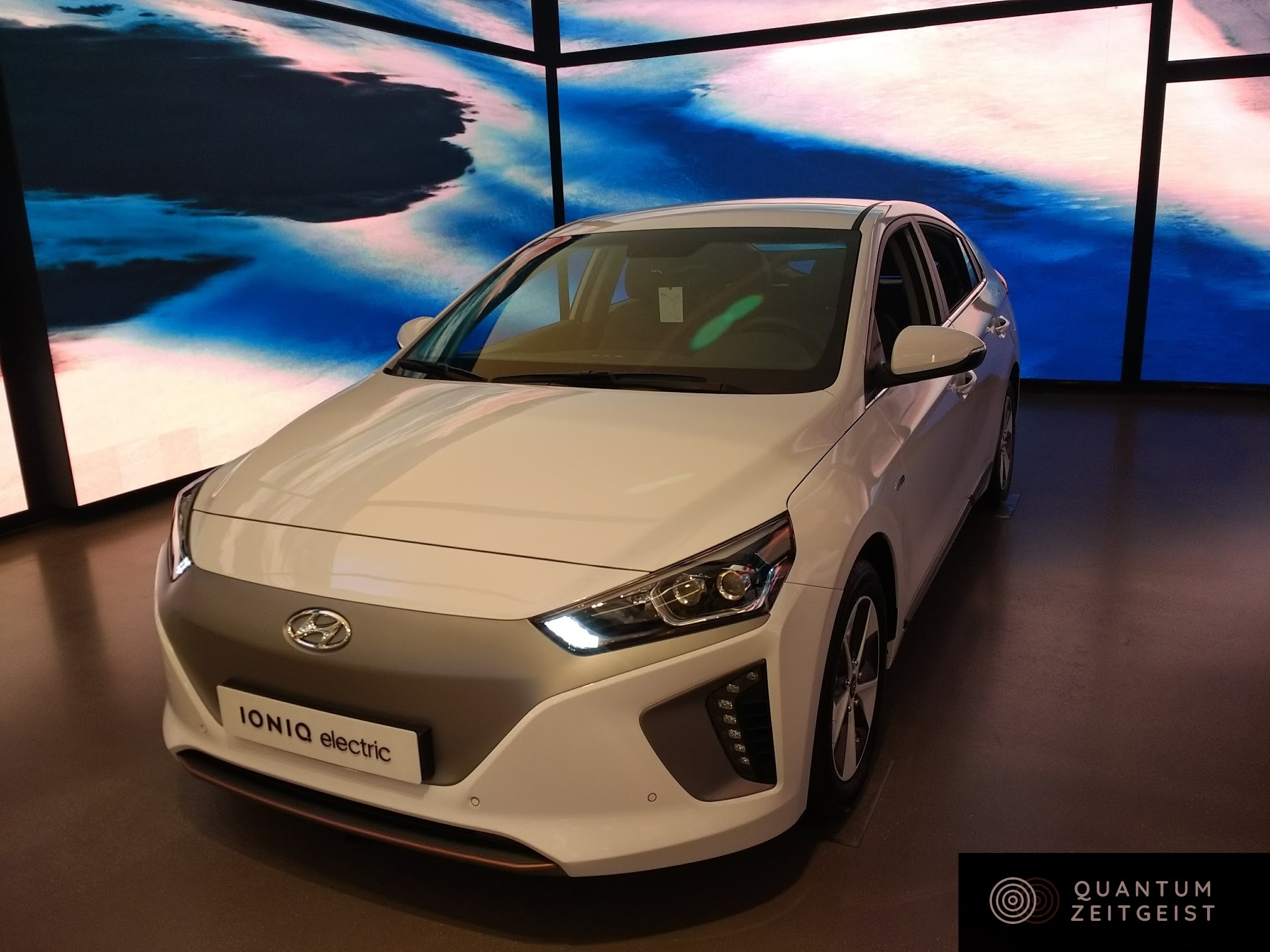IonQ, a leader in quantum computing, and Hyundai Motor Company have taken the next steps in building highly advanced future automobiles. The collaboration has come up with a concept to create machine vision algorithms that is capable of object detection on three-dimensional data from autonomous vehicles on IonQ’s quantum computers.
Battery advancement is one of the most promising upcoming areas where quantum computing may help, researchers at IonQ have created a quantum algorithm that runs efficiently on the trapped-ion quantum computing hardware and should eventually help scientists construct new and improved types of electric batteries in collaboration with Hyundai Motors and other research organizations.
The collaboration will use IonQ’s industry-leading quantum computers to model electrochemical reactions involving various metal catalysts. The new projects expand on earlier collaborations between the two corporations and expand the role of quantum computers in producing smart, environmentally friendly vehicles of the future.
IonQ and Hyundai are currently conducting research on bringing quantum machine learning to image processing, where pictures – such as traffic signs – are encoded into a quantum state for categorization and object recognition. This particularly includes the processing of spatial and environmental data from lidar and other sensors, which could increase vehicles’ awareness of the nature and placement of objects, people, and the environment around them.
Quantum machine learning algorithms under investigation at IonQ have demonstrated the ability to learn quicker, be more successful in spotting edge cases, generalize better, learn from lower resolution or noisy data, and capture complicated connections with a much less number of parameters. These significant technical advantages may eventually lead to faster, safer, and more accurate judgments without the need for user input.
Furthermore, Hyundai’s previous efforts to study lithium compounds and the chemical processes involved in battery chemistry have led the company to broaden its present scope and investigate novel metal catalyst chemical reactions for future automobiles. The pooled ideas and knowledge gathered by quantum simulations would potentially allow Hyundai engineers to produce higher-performance EVs at a lower cost.
“IonQ’s continued work with Hyundai strengthens both our beliefs that quantum will drive the next phase of innovations throughout the automotive industry,
said Jungsang Kim, co-founder and CTO, IonQ.
Autonomous vehicles are still in their infancy, yet the quantum-derived algorithms we’re testing today have the potential to shape the commerciality, efficiency and safety of such systems.”

